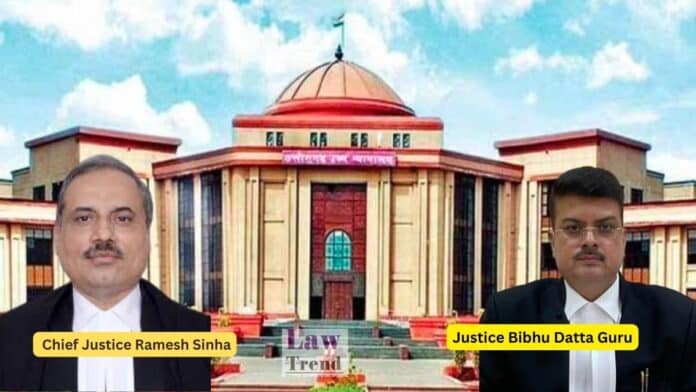The Chhattisgarh High Court has emphasized the need for legislative reforms to address crimes involving necrophilia, stating that the dignity of individuals extends beyond death. The court’s observations came in a judgment delivered on December 10, 2024, in Criminal Appeals No. 1920/2023, 142/2024, and ACQA No. 215/2024, which dealt with the brutal rape and murder
To Read More Please Subscribe to VIP Membership for Unlimited Access to All the Articles, Download Available Copies of Judgments/Order, Acess to Central/State Bare Acts, Advertisement Free Content, Access to More than 4000 Legal Drafts( Readymade Editable Formats of Suits, Petitions, Writs, Legal Notices, Divorce Petitions, 138 Notices, Bail Applications etc.) in Hindi and English.




